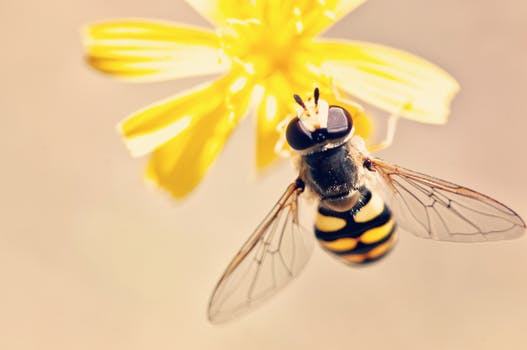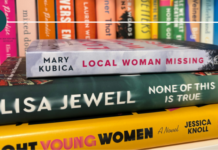My mom was a 1970s feminist, the kind college students of today read about in gender and women’s studies classes. She protested the Vietnam War. She moved to San Francisco to use her social work degree talking people down from bad acid trips. She did not burn her bra because that’s a myth, but she was an Our Bodies Ourselves carrying women’s lib-er.
Which is why when I was seven and asked a tangential question about where babies come from, my mom drew fallopian tubes on a cocktail napkin and explained the whole thing to me in so many more details than a kid could ever want in a million years. I will never forget my horror when she told me how sex works mechanically. And then she uttered the phrase that kept me abstinent until long after I had the right to vote: Don’t worry. Sex is really fun. Nobody wants to hear those words come out of their mother’s mouth. Ever.
It’s probably no surprise that with that background, I got a PhD studying Planned Parenthood. Where I used to be the virgin with more sex knowledge than Dr. Ruth, I spent my grad school career having 4 babies while I studied every possible method of birth control ever invented or talked about. What can I say? I like irony.
I told my own oldest child about the birds and the bees accidentally, when he was 8 and we were at the mall of all places. We passed a group of teens with those fake babies they get in health class. He asked me why the big kids had dolls, and I blurted “You know, so they won’t have sex.” And then his little voice said, “What’s sex?” and I extracted my foot from my mouth and sat down on the nearest bench and told him. He was properly horrified, and so was I.
As soon as we got home, I ordered a million kiddie books from Amazon about reproduction. I gave a couple to my eight-year-old to read on his own, and I read some of them to the rest of the kids at bedtime, in a rotation with the rest of their books. You know, like reading about sex and body parts was no big deal, even though I was pretty embarrassed most of the time.
That’s the thing I remember most about my mom’s cocktail napkin explanation: that sex wasn’t scandalous or a big, dirty secret. Sex, in her explanation, was part of life and something I should grow up understanding so that I could learn how to take care of myself physically and emotionally. So, this is what I am trying to teach my own kids.
My fifth-grader had human growth and development classes at school this year, and, like all the kids in his class, he was reluctant to participate in them. “Do I really have to go to school today?” he asked me.
“Why don’t you want to go to school?” I asked him.
“I just think it’s going to be embarrassing to learn all this stuff,” he told me.
“But you already know everything about it,” I reminded him.
“I do?” he asked.
“I mean, I think so?” I said, unsure. “It’s all the stuff we have been talking about—where babies come from, puberty, all of that.”
“Oh,” he said, looking visibly relieved. “Is that it?”
“Well,” I rushed on. “All of that is a really big deal, and—”
“I know,” he said. “But you’re right. I already know what that’s about. I thought it had to be something else from the way everyone was talking.”
I offered to answer any questions he had after his class, and he looked at me like that was maybe the grossest thing he’d ever thought about, which I took as a really good sign. It’s not always easy to tell our kids everything they need to know to take care of themselves. I find myself struggling to find the right words to talk about puberty in particular because I can’t even pretend to know what that feels like for a boy. I do know, though, that it’s important for my kids to understand how their bodies work, and I want them to know that they can always ask me about anything, even if it’s something that makes us both uncomfortable.
Looking for ways to start the conversation with your own kids? Here are a few books to get the ball rolling. And remember, if all else fails, you can always sketch a quick uterus with the nearest Bic pen—it worked great for my mom.
What Makes a Baby by Cory Silverberg
Amazing You! Getting Smart About Your Private Parts by Gail Saltz













